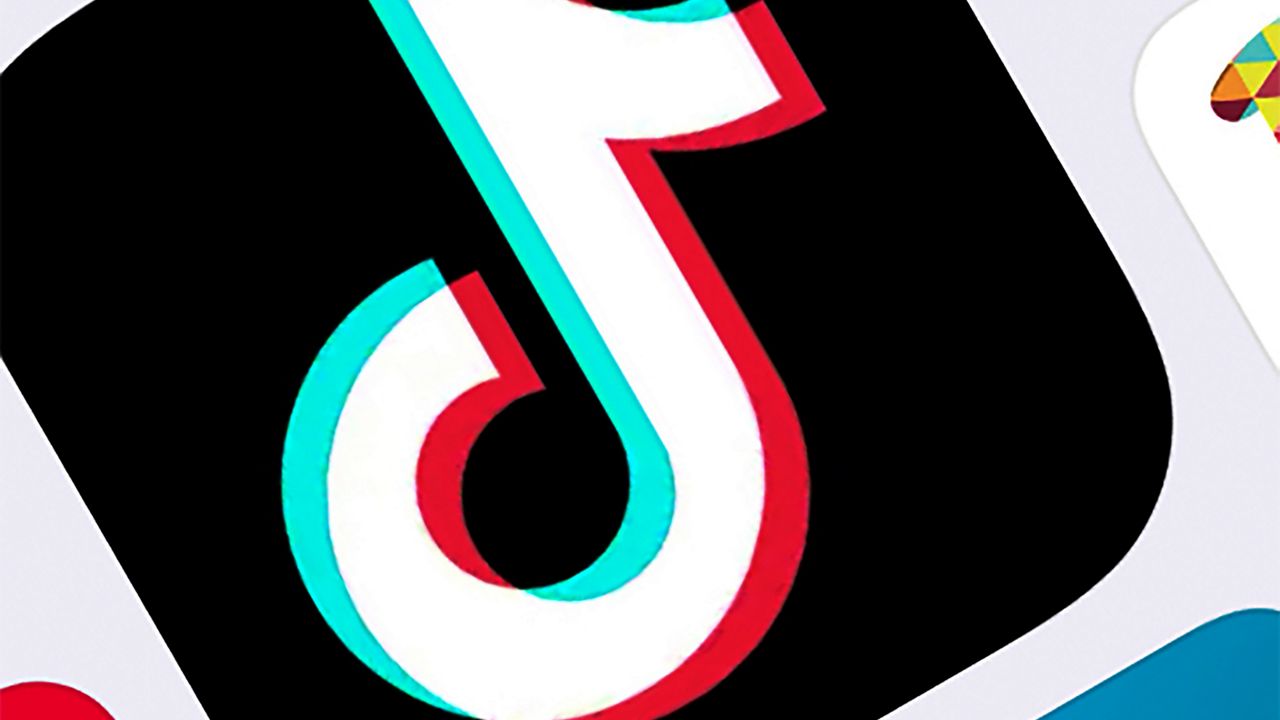Popular video-sharing app TikTok said that it is toughening its stance against QAnon content on its platform, working to ban all accounts that promote videos advancing the baseless far-right conspiray theory, according to NPR.
"Content and accounts that promote QAnon violate our disinformation policy and we remove them from our platform," a TikTok spokesperson told NPR in a statement. "We've also taken significant steps to make this content harder to find across search and hashtags by redirecting associated terms to our Community Guidelines."
Earlier this year, TikTok blocked hashtags related to the conspiracy theory and banned thousands of QAnon-related accounts.
QAnon refers to the far-right conspiracy theory that paints President Trump as a secret warrior against a supposed child-trafficking ring run by celebrities and “deep state” government officials. “Pizzagate” was a widely debunked theory that went viral during the 2016 presidential elections that claimed to link high-ranking Democrats to a child sex ring at a Washington, D.C. pizza restaurant.
Many QAnon followers believe thousands of deep state operatives and top Democrats, including Hillary Clinton, will be rounded up and sent to Guantanamo Bay during an event called “The Storm.”
In May 2019, an FBI bulletin mentioning QAnon warned that conspiracy theory-driven extremists have become a domestic terrorism threat and were “very likely” to commit violent crimes inspired by their fringe beliefs. QAnon already has been linked to acts of real-world violence, including the killing of the reputed boss of the Gambino crime family.
During a town hall on NBC last week, Trump repeatedly declined to say the QAnon theory was false and professed to know little about it.
“Can you just, once and for all, state that that is completely not true and disavow QAnon in its entirety?” moderator Savannah Guthrie asked during a pointed exchange.
“I know nothing about it,” Trump responded. “I do know they are very much against pedophilia, they fight it very hard. But I know nothing about it.”
Guthrie followed up: “Why not just say it’s crazy and not true?”
Trump responded: “I don’t know that and neither do you."
Trump recently accepted $1 million in campaign contributions from a couple whose vocal support for the QAnon conspiracy theory led to the cancellation of a fundraiser they were supposed to host for Vice President Mike Pence last month.
TikTok is the latest tech company to attempt to curb the conspiracy theory on its platform: YouTube last week unveiled new measures aimed at curbing dangerous conspiracy theories on its platform, specifically naming QAnon and its baseless “Pizzagate” theory as content that will be strictly prohibited, and Facebook said it will ban groups that openly support QAnon earlier this month.
A report from Media Matters from earlier this month identified at least 14 QAnon-affiliated hashtags, with a combined count of over 488 million video views.
“Content and accounts that promote QAnon violate our disinformation policy and we remove them from our platform," a TikTok spokesperson said to Media Matters at the time. "We've also taken significant steps to make this content harder to find across search and hashtags by redirecting associated terms to our Community Guidelines. We continually update our safeguards with misspellings and new phrases as we work to keep TikTok a safe and authentic place for our community."
At least 86 current or former congressional candidates have endorsed or given credence to QAnon, according to a Media Matters tally. Congress is virtually certain to have at least one QAnon-supporting member next year. Marjorie Taylor Greene, who has expressed support for QAnon, appeared to be coasting to victory in a deep-red congressional district in Georgia even before her Democratic opponent dropped out of the race.
The Associated Press and Media Matters also have identified more than two dozen state legislature candidates who have expressed some support or interest in QAnon, including a Tennessee state lawmaker who has received campaign donations from Amazon, Walmart and other corporate giants.
The Associated Press contributed to this report.




